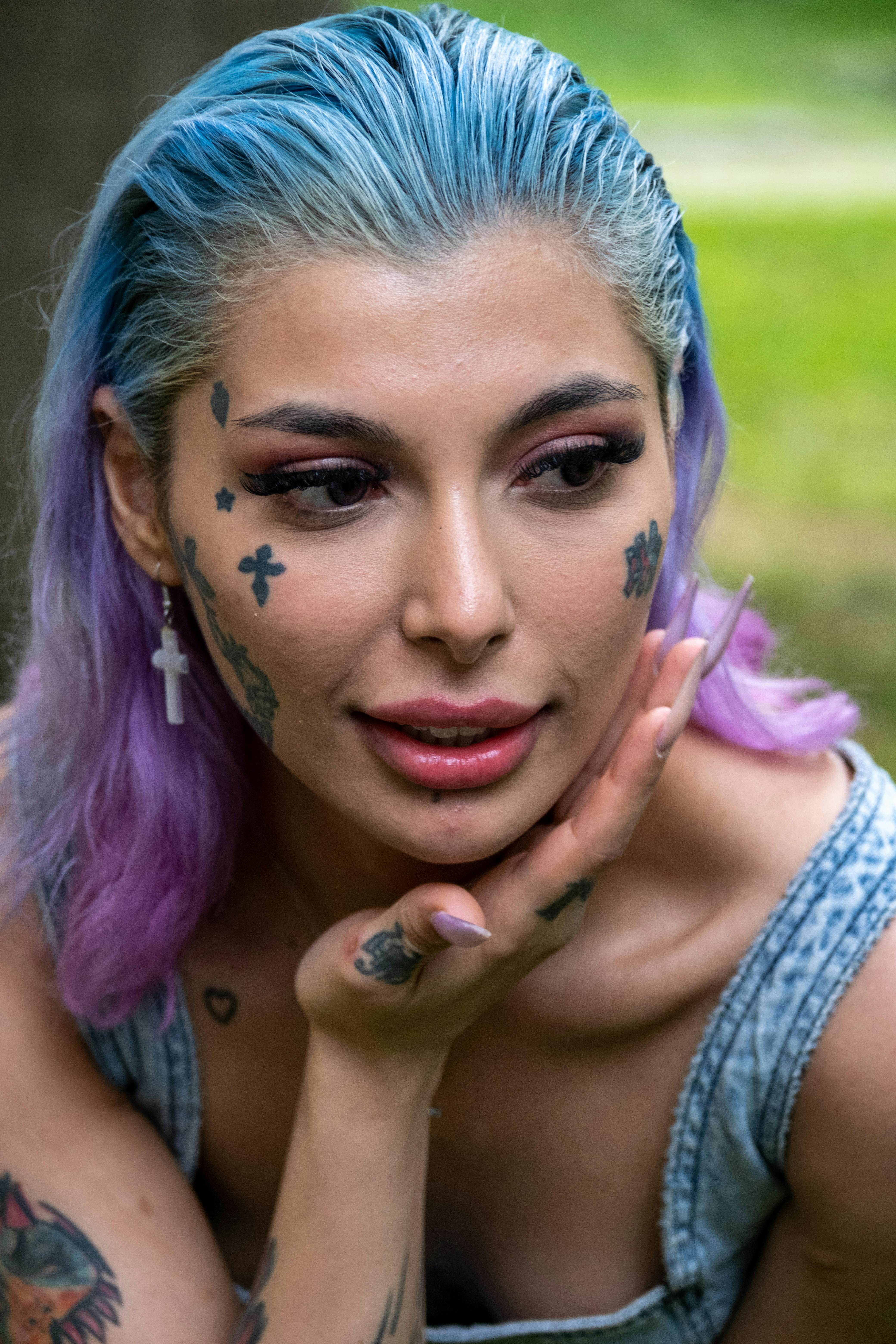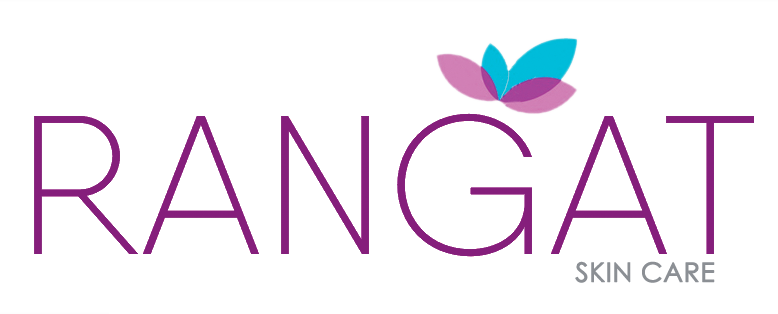The computer is a crucial tool for women to discover their names, establish societal networks, and articulate themselves. However, it even provides a setting for harassment and abuse. It can be challenging for victims to review net murder, which results in self-censorship and revokes women’s right to free speech. It is particularly risky for homosexual, bi, trans women, women from minority cultural, racial, or religious backgrounds, people with disabilities, and women.
Online women are shaping the modern landscape they live in as well as navigating it. A novel era of online feminist and digitized advocacy is upon us. It is more crucial than ever for the most susceptible people in the world to have access to the internet’s gains and protections as it develops into a worldwide power.
While the majority of internet users still tend to be men and boys, a change is happening. Online, younger women and black people are catching up to and even outpacing their adult counterparts. Additionally, people are using the internet more frequently for work-related reasons, especially at higher education levels. Sexual students are now more likely to complete their deg digitally, frequently in the evenings after finishing a day’s function and caring for their households.
Despite these advancements, women still face difficulties net and are more susceptible to misuse and harassment than men are. Women experience crime frequently and are less likely to report it, whether it be through an unintentional aggressive information, a massive strategy of misogyny and gendered disinformation, or the exploitation of personal information and images.
In fact, there is so much online abuse and violence that it chills women’s ability to use the internet and may keep them from taking part in politics or having significant virtual interactions. Addressing Online Misogyny and Gendered Disinformation is a new statement from Ndia that offers suggestions for how to reduce the negative effects of propaganda on democracy and encourage women’s access to the internet for political participation.
The good news is that action is being taken to address this problem. In order to create strong fresh policy and product answers that may keep people safe online, tech organizations and civil society organizations are starting to take action. However, there is still a lot more to be done. For this reason, the Web Foundation is holding a number of consultations to bring along international researchers to build ground-breaking concepts that may contribute to the development of an internet that is more inclusive and equitable for everyone theorderbride.com/oceania-region/papua-new-guinea/. Register for a future event to learn more.

